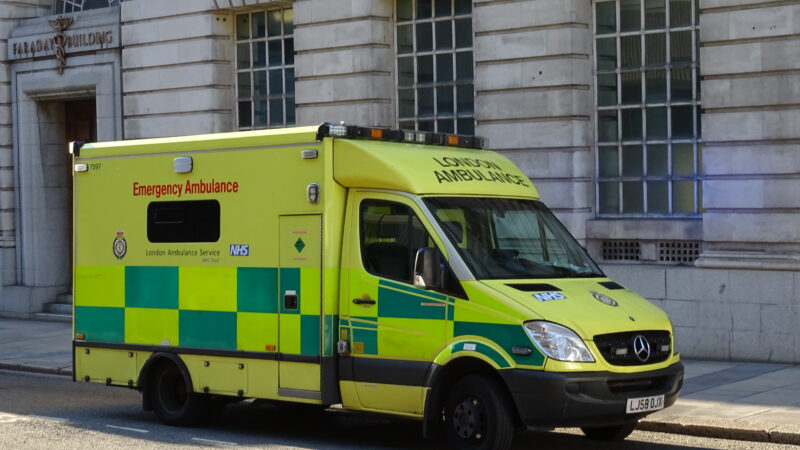
Ambulance workers represented by the GMB union in the East of England have voted to take industrial action in the only remaining ambulance service in the country not to have seen strikes during the current dispute.
The union announced this week that almost 1,000 of its members working in the East of England Ambulance Service (EEAS) have voted to go on strike, with 86% voting to strike on a 55.7% turnout. Dates for the action are yet to be agreed.
GMB organiser Lola McEvoy said: “East of England was the only ambulance trust in the country not to have been on strike – that will now change. As industrial action spreads to all corners of England, the Scottish and Welsh governments have begun constructive talks with the GMB union and seen walkouts suspended.
“Ministers in England don’t seem to want to listen, leaving NHS workers and the English public being treated like second class citizens. It’s simple – talk pay now and make a decent offer for this year. Our members and the public are waiting.”
An EEAS spokesman commenting on the GMB strike vote said: “We understand the strength of feeling behind the concerns colleagues have around this issue, and we are committed to working with our unions to improve working lives at our service.”
GMB members in the ambulance service in Wales were due to walk out on Monday. The union announced last week that the strike would be suspended following an improved pay offer.
The Welsh government said it had offered health unions an extra 3% on top of the existing 4.5% pay increase, of which half is one-off and half consolidated. The pay offer will be backdated to April 2022.
Ministers revealed that the package also includes a number of non-pay commitments to “enhance staff wellbeing” and said negotiations on that aspect of the offer will continue this week.
The GMB announced last month that it was calling off further strike action in the NHS in Scotland following talks with the Scottish government.
GMB’s Scotland organiser Keir Greenaway said Holyrood had “produced new proposals aimed at ending the long-running pay dispute”, including plans to backdate the value of any agreed terms for 2023-24 to January 1st.
Union leaders have condemned the government’s lack of engagement on pay talks for NHS staff in England, with Royal College of Nursing general secretary Pat Cullen arguing on Monday that the government has “turned its back” on English nurses and claiming that she has not heard from anyone in government in “weeks”.
Steve Barclay has said he has held “constructive talks” with health unions on pay and affordability. The Health Secretary added: “It is time for the trade unions to look forward and engage in a constructive dialogue about the pay review body process for the coming year.”
UNISON is the largest union in the EEAS. It failed to meet the turnout threshold for industrial action at a ballot of EEAS staff that concluded in December.
The union is currently re-balloting members in several ambulance services, including the EEAS, the South East Coast Ambulance Service NHS Foundation Trust, West Midlands Ambulance Service NHS Trust and the South Central Ambulance Service NHS Trust. The re-ballot closes on February 16th.




More from LabourList
Government announce SEND reform in schools white paper
SPONSORED: ‘Industrial hemp and the challenge of turning Labour’s priorities into practice’
‘A day is a long time in politics, so we need ‘action this day’’